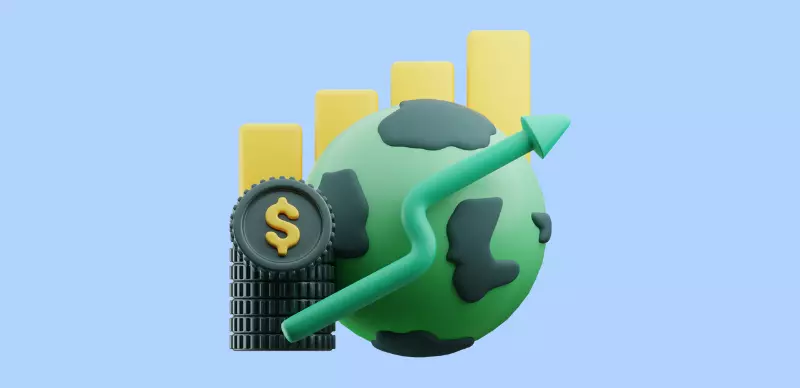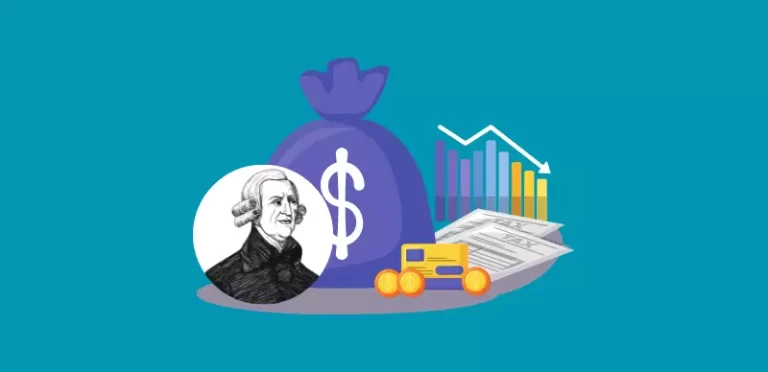Importance Of Money In The Modern Economy: The modern economy is monetary. Money occupies an important place in all the branches of economies such as consumption, production, exchange, distribution, and public finance. In the words of Marshall, “Money is the pivot around which the economic science clusters”. The fact is that all the branches of economic activities are highly influenced by money. The modern economy cannot function without money.
Importance of Money In The Modern Economy
Money has the following importance in a modern economy.
1. The advantage to the consumer
Consumers highly benefitted from the invention of money. In a barter economy, consumers face a lot of trouble consuming various commodities, exchanging, and comparing values among different commodities.
But with the inventión of money, these difficulties have been eliminated. With the help of money, consumers can purchase any commodity at any time. They can also postpone the consumption of commodities for the time being if they find that the price of a commodity is very high.
Thus, the purchasing power implicit in money can be utilized by the consumer at his option. The consumer doesn’t need to spend money as soon as he gets it. Due to its general acceptability and comparative stability of money, the consumer can utilize it as and when it suits him.
Besides, money helps the consumer to equalize the marginal utilities of different commodities and to get maximum satisfaction.
2. The advantage to producers
As consumers, producers are also highly benefitted from money. With the help of money, they can purchase different factors of production required for producing various goods. Without money, these productive services cannot be obtained.’ Not only this, money helps the producer in making calculations regarding production.
Every producer has to make a variety of calculations such as cost, revenue, etc. It is true that without money these calculations cannot be made by the producers. Besides, money helps to determine the quantity and quality of production in a modern economy through a price- mechanism. This price mechanism helps the economy to discover what consumers want and how much they want from a particular good.
3. Money has made specialization and division of labour possible
Division of labour and specialization plays an important role in the modern production system. But this division of labour and specialization cannot be possible without the USC of money. Under the division of labour, every productive task is divided into several processes and sub-processes.
Every process and sub-process is performed by a separate group of labour. Since the workers, engaged in different processes and sub-processes are paid their rewards in money, they continue to work separately in different groups. Without money, division of labour may not be possible.
4. Money eradicates the drawbacks of the Barter System
The advent of money eliminates the difficulties of the barter system. In a barter system, there was a direct exchange between goods and goods. The most important condition for the success of the barter system is the double coincidence of wants.
But in many cases, there was a lack of double coincidence of wants, as a result, the exchange became difficult. When money is used as a medium of exchange double coincidence of wants between two individuals is no longer necessary.
The values can now be measured easily and quickly. There is no difficulty in the exchange of indivisible goods. Nor is there any difficulty in exchanging one commodity for another. No difficulty is experienced in storing purchasing power.
5. Money transfers savings into investment
The savings of the common people can be transformed into an investment with the help of money. Individual savings are pooled together by banking institutions which make them available to individual entrepreneurs for investment purposes.
6. Money helps in the allocation of resources among different lines of production
The price mechanism expressed in terms of money allocates economic resources to different industries and lines of production in a capitalist economy. Without this price- mechanism, all economic activities under capitalism would come to an end.
Even in a socialist economy, the planning authority is also guided by the price mechanism in allocating economic resources to individual industries.
7. Money facilitates trade
Money facilitates trade by serving as a medium of exchange. Rapid exchange of goods is possible in a modern economy because of money. Money constitutes the basis of the price mechanism through which the economic activities of the community are adjusted.
8. Money makes capital more productive by increasing its mobility
Money makes capital more liquid. On account of its increased liquidity, capital becomes more mobile. It becomes possible to divert capital from less productive uses to more productive uses. It is on account of this increased mobility of capital that the economic development of a country becomes possible.
9. Money establishes a link between the present and future
Saving in terms of goods involves two difficulties (i) it creates the problem of storage, and (ii) it results in the deterioration of the quality of the stored commodities over time. But savings in terms of money do not give rise to any such difficulties for the savers.
On the contrary, savings in the form of money help the saver to lay claims on goods and services in the future because money can be used to buy such goods and services. Money thus establishes a link between the present and the future.
10. Money has made future transactions possible
Future transactions have a special place in a capitalist setup. In future transactions, the prices are settled in the present, but payments are made in the future. This is because, of all the commodities, money is the most stable in value.
The parties to a future transaction know that the value of money will not change much in the course of time. Hence, future transactions are concluded in terms of money.
11. Importance in distribution
The rewards to various factors of production, for their service in production, are distributed in terms of money. Rent, wages, interest, and profits are all determined and paid to factors of production in terms of Furthermore, equitable distribution of national income in society is attained with the help of money.
12. Significance in public finance
The government plays a predominant role in the functioning of a modern economy. The government receives its income in the form of taxes, fees, prices, etc., and utilizes this income for administrative and developmental purposes. Without money, the administrative and developmental functions of a modern state would become difficult.
13. Money makes efficient accounting and budgeting
Money plays an important role so far as accounting and budgeting are concerned. Without money, efficient accounting and budgeting would become impossible. Money has enabled the individual to make a rational choice between work and leisure, spending and saving. investing and hoarding.
14. Promotion of national unity
Money has served to promote national unity in every country. The invention of money has lessened social isolation in a country. Money has encouraged trade and commerce. People living in distant regions meet each other for commercial purposes. This serves to strengthen national unity in the country.
From the above discussion, it is clear that a modern economy cannot function smoothly without money. The importance. of money can be better realized only in its absence. According to Robertson, all decisions concerning production are made with the aid of money. Money also plays an indispensable role in satisfying the wants of consumers.



